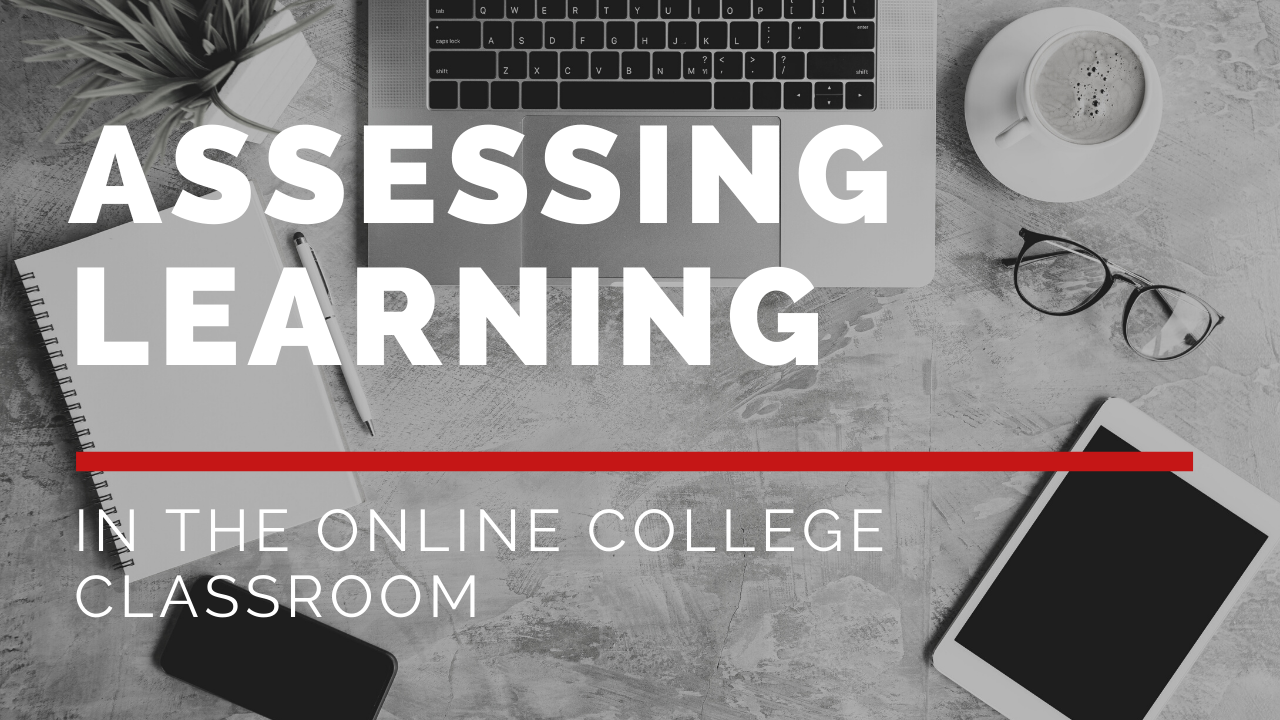Every fall, I assign a group project that I call Who Makes the Team? I designed the project for my Families, Professionals, and Communities course so that my students could develop a deeper understanding of the roles and responsibilities of an individual education plan (IEP) team or an individual family
Oh, how I love group projects! I just do not feel right when my students do not get to experience group projects online. As a result, only three of the nine courses that I teach miss out on these amazing experiences. For 13 years, I have assigned group projects–not because
I did not have good experiences with group work as a teacher education major. It seems that every time I was paired with someone or assigned to a group, there would always be issues with scheduling or getting everyone to pull his or her weight. As if it were yesterday,
If you have read a few of my posts here Inside the Virtual Village, I am sure you have ascertained that I am a stone-cold advocate for dynamic group experiences online. I believe in them, wholeheartedly, and there is nothing anyone can say to me to change my mind. I
When I was 14 years old, my mother took me to our social security office in Durham, North Carolina, and acquired a social security number for me. Apparently, when I was born, my social security was not issued before leaving the hospital as is common practice today. So, we were
I can’t get no satisfaction is the line in a very popular pop song. I used to feel that way about teaching online until I figured out that the only way to make it satisfying was to think about all of the things that I love about teaching and to
Stimulating group activities during live sessions are my sweet sauce of course design. I believe that dynamic, well-designed group activities transform students like no other instructional approach. My belief is not based on research or something that I learned from a workshop but based on 13 years of experience of
How do you give your students the power to take ownership of what they are learning? And, how do you support them in a rewarding way? These two questions guided my development of this mini-workshop that I created just for you. There was so much that I wanted to share
I am so glad it is Monday because tonight I meet with my Assessment and Evaluation course at 6:30 p.m. and we are having an Early Childhood Testing Showcase. It is the culminating activity for this course each year and I absolutely love it. Let me share with you how
My students are spoiled, okay? My courses are filled with videos, videos, videos. I use them in so many ways but in this post, I just want to talk about video lectures. Video lectures are powerful because they allow students to see and hear you almost as if they were
Presence. In your online college course, the way that you show up matters. In fact, there are more and more studies being published that reveal a strong relationship between social presence and retention in online courses. As a result, it is important for you to communicate, powerfully, in your online
Assessment is an essential part of instruction. Without it, you have no idea what your students know or are able to do. Consequently, mapping out your formative and summative assessments for your online course is very necessary. The questions you must ask yourself are– How do I gather information to
If you had to name the most difficult professor you have ever had, who would roll off your tongue?⠀⠀⠀⠀⠀⠀⠀⠀⠀🤬🤬🤬⠀⠀⠀⠀⠀⠀⠀⠀⠀Okay…I’m back!⠀⠀⠀⠀⠀⠀⠀⠀⠀Now, let me be clear. I am not referring to that professor who made you earn your grade, had very high standards, and pushed you out of your comfort zone.⠀⠀⠀⠀⠀⠀⠀⠀⠀I am
Teaching online is not for the faint of heart. It requires the mastery of both pedagogical and technological skills. After teaching online for almost 16 years, I have learned quite a few lessons regarding best practices in e-learning for college students. In this video, I share my simple way of
Clarity. It is the quality or state of being clear. Have you ever tried to do something but felt confused about what to do or how to do it? As a result, frustration, despair, and even anger may have ensued. Imagine how your students may feel when they read assignment















